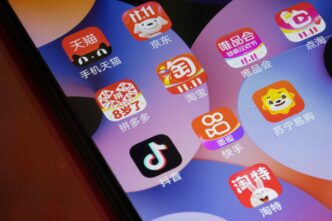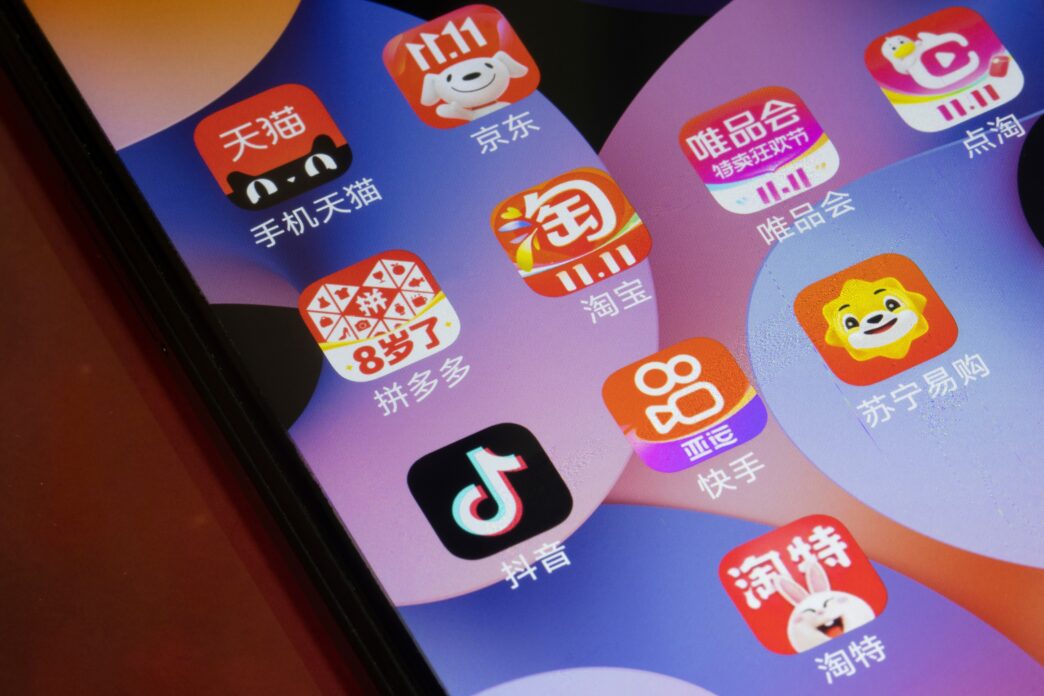Executive Summary
The Story So Far
Why This Matters
Who Thinks What?
China’s annual “Double 11” shopping festival, which concludes in mid-November, has driven a significant increase in consumer spending, with a notable shift towards technology-driven, environmentally friendly, and emotionally appealing products. This surge is partly attributed to the government’s strategic initiatives, including the release of 300 billion yuan (approximately $42.3 billion USD) in special treasury bonds to support consumer goods trade-in programs aimed at revitalizing domestic demand.
Government Policy and Market Response
The central government’s funding, representing the fourth tranche this year, is part of a broader effort to stimulate the economy by encouraging upgrades in industrial equipment and the replacement of older consumer goods, such as home appliances and vehicles. E-commerce platforms have actively integrated these trade-in programs into their “Double 11” promotions, providing incentives for consumers to upgrade.
Evolving Consumer Preferences
The festival has highlighted a distinct evolution in consumer behavior. On Alibaba’s Tmall, sales of consumer electronic products, including AI glasses and robots, saw substantial growth, fueled by new product launches and AI features. Tmall reported a 25-fold year-on-year increase in smart glasses sales by October 30, with robotics brands like DEEP Robotics and UBTECH Robotics also achieving double-digit growth.
JD.com also experienced a more than twofold year-on-year increase in sales of AI-featured consumer electronics, with smart glasses leading at 346 percent growth, followed by digital cameras at 238 percent and action cameras at 220 percent. Zhu Keli, founding dean of the China Institute of New Economy, noted a growing consumer preference for quality and advanced technology, making smart home systems and health-monitoring devices mainstream choices.
Beyond functionality, emotional and experiential factors are increasingly influencing purchasing decisions. Tmall data showed a doubling of sales for gaming merchandise and blind boxes, indicating a boom in emotional consumption among young consumers. Yang Xiujie, e-commerce director of Shandong Yihao Customized Brand Management Co., Ltd., highlighted the success of “ugly-cute” cushion pillows and humorous office desk signs, which appeal to younger consumers seeking emotional comfort and identity.
Analysts attribute these shifts to broader demographic changes, including the “silver economy” driven by elderly consumers and “emotional consumption” led by Gen Z shoppers.
AI Integration in Retail
Artificial intelligence is not only shaping product offerings but also transforming the e-commerce sales process itself. Midea Group’s livestreaming base in Wuhan utilizes AI visualization tools that allow shoppers to preview how appliances would fit into their homes, creating a near-realistic experience. Tmall has also leveraged AI to help hundreds of thousands of merchants boost marketing efficiency, including a system that precisely matches discount coupons with potential buyers, thereby improving consumer conversion rates across various sectors.
Future Policy Outlook
Analysts anticipate further strengthening of China’s consumption stimulus policies as the government seeks to expand domestic demand to boost its economy. The Communist Party of China Central Committee’s recommendations for the 15th Five-Year Plan (2026-2030) propose a notable increase in the GDP share of household consumption and the implementation of strengthened inclusive policies that directly benefit consumers. Feng Lin from Golden Credit Rating suggested that, in addition to the recently released fourth batch of funding for China’s trade-in programs, more support funds could be earmarked for non-durable consumer goods in the fourth quarter, alongside the issuance of more related consumption vouchers nationwide.
Market Dynamics
These developments underscore China’s strategic pivot towards leveraging domestic consumption as a primary economic driver, supported by targeted government policies and the innovative application of technology in retail. The “Double 11” festival serves as a key indicator of these evolving market dynamics and consumer behaviors, reflecting a sophisticated and increasingly diversified consumer base.








